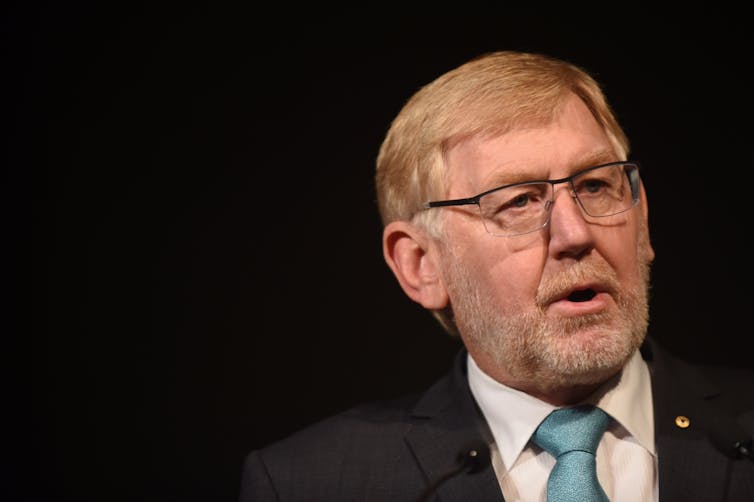Pigsfly Newspaper Supporter
Become a Pigsfly Newspaper Supporter
Unlike many online news portals, our website doesn’t hold any annoying advertising, we don’t try and sell you anything nor have we put up a paywall – I want to keep my communiques as open and honest as I can.
Our Pigsfly Newspaper is fiercely independent and they take a fair bit of time, money and hard yakka to produce.
I want to continue delivering Pigsfly Newspaper to you.
But I need your help!
BECOME A SUPPORTER FOR $1 A MONTH
Your support is crucial to maintain the Pigsfly Newspaper
Each year Pigsfly Newspaper cover a range of topics including:
Political nonsense, spin, plain bulls**t, lies and fabrications
Lobbyists
Political donors
Gambling lobbyists and all that entails
Mining and Energy tax avoidance not in the least our continual focus on the ongoing rape of Australia’s precious resources
Tax avoidance and the industry that supports and profits
New twists on business perspectives
Old twists on political party electioneering rorts rip offs and such like
Photography
Music and
Fascinating bits and bobs you would be hard pressed to find elsewhere.
For 2018 several Pigsfly Newspaper Long Reads are planned.
On the drawing board include:
• Politicians and their “Entitlements?”
• The FUA Awards and
much much more
Your support – click below – is greatly appreciated and helps me, continue to help you.
Comments? Write to me through our Contact page
Click the button below to become a Pigsfly Newspaper Supporter for $1 a month
Political Lobbyists
The proliferation of lobbying, the loopholes that allow conflict of interests, and the lack of rigorous regulation and oversight make it impossible to calculate just how much money the taxpayer loses when officials decide to put their self-interest ahead of public duty.
Coming soon – keep watching
Political $ystems smell of
$ystemic corruption.
Ex Government employees, ex Ministers, ex Politicians lurking and sliding through the backrooms of State and Federal Parliament. Political donations have moved beyond the family’s love and support of an ideology Left or Right Liberal or Labor. Big money Big players. Greed and Power rule.
Mr Ferguson accepted a role as chairman of an advisory board of the gas and oil industry’s peak body, the Australian Petroleum Production & Exploration Association.
The association’s website acknowledges its status as a lobby group, saying it “works with Australian governments to help promote the development of the nation’s oil and gas resources in a manner that maximises the return to the Australian industry and community”. Its board includes representatives from Australia’s largest oil and gas companies including resources giants BHP Billiton, Origin Energy and Shell.
Mr Ferguson has taken a newly-created position of chairman of the association’s advisory board.
The association’s chairman, David Knox, says of Martin Ferguson, who served as energy minister for over five years: “There are few people in Australia with such a comprehensive understanding of Australia’s oil and gas industry.”
He says as chairman of the advisory board, Mr Ferguson will be responsible for “providing strategic advice” to the chair, board and chief executive of the association.
Both sides play the greed card
Political $ystems smell of
$ystemic corruption.
Liberal Andrew Robb took $880k China job as soon as he left Parliament
 Former Australian trade minister Andrew Robb walked straight out of Parliament last year and into an $880,000-a-year job with a billionaire closely aligned to the Chinese Communist Party and its key trade policy.
Former Australian trade minister Andrew Robb walked straight out of Parliament last year and into an $880,000-a-year job with a billionaire closely aligned to the Chinese Communist Party and its key trade policy.
Mr Ye is the owner of Landbridge, which controversially acquired the 99-year lease for the Port of Darwin in 2015. He is also a member of the national Chinese People’s Consultative Committee, an advisory body that President Xi Jinping has directed to “uphold the CPC [Chinese Communist Party] leadership without wavering”






 —
—






















